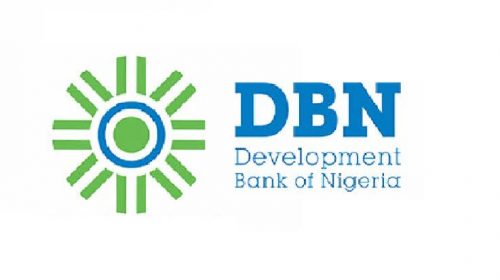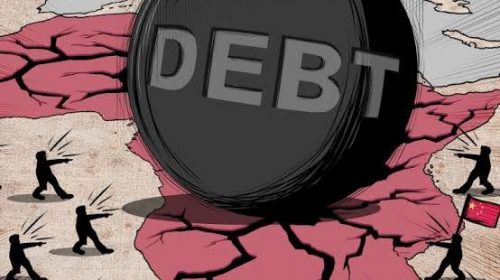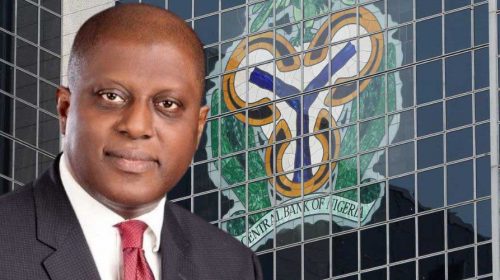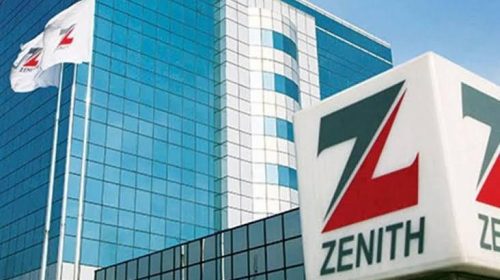MPC: why we retained interest rate at 14% even after recession exit—- CBN

Emefiele
The Central Bank of Nigeria (CBN) yesterday gave reasons why it retained the Monetary Policy Rate (MPR) for six consecutive times at 14% even after the economy’s exit from recession.
Rising from its Monetary Policy Committee (MPC) meeting in Abuja, the CBN’s Governor, Mr. Godwin Emefiele said, the committee believes that the effect of fiscal policy action towards stimulating the economy has begun to manifest as evidence in the exit of the economy from the 15 month recession.
Although, seems fragile, the fragility of the growth makes it imperative to allow more time to make appropriate complementary policy decision to strengthening the recovery.
Secondly, the committee was of the view that economic activities would become clearer between now and the Q1 of 2018 when growth is expected to have sufficiently strengthened and gained in receding inflation very obvious.
The most compelling argument for a hold according to him, was to achieve more clarity in the evolution of key macro economy indicators including budget implementation, economic recovery, exchange rate, inflation and employment generation.
He said, in consideration of the head wind confronting the domestic economy and the uncertainty in the global environment, the committee decided by a vote of 6 to 1, to retain the Monetary Policy Rate MOR at 14 per cent, alongside all other policy parameters.
“In arriving at this whole decision, the MPC commits to employing maximum flexibility to guide the economy on the path of utmost growth.
“Consequently, six members voted to retain MPR and all other parameters at their current level while one member voted to lower the MPR to signal at ease to the current stand of tight monetary policy.
“However, overall majority of the members expressed a strong commitment to policy flexibility that will allow the committee to promptly take the necessary action that will promote overall macro economic stability and engender sustainable growth.
“Consequently, the MPC voted to maintain the MPR at 14 per cent, Retain the CRR at 22.5 per cent, retain Liquidity Ratio at 30 per cent and retain the Asymmetric Corridor at +200 and -500 points around the MPR,” he said.
In arriving at its decision, the Committee took note of the gains so far achieved as a result of its earlier decisions; including the stability in the foreign exchange market and the moderate reduction in inflation.
The option was whether to hold, tighten or ease. These were subjected to extensive debate. As in previous meetings, although tightening would help rein in inflation expectations and strengthen the stability in the foreign exchange market, the Committee felt that it would further widen the income gap, depress aggregate demand and adversely affect credit delivery to the private sector.
The Committee also noted that tightening may result in the deposit money banks re-pricing their assets and loans, thus raising the cost of borrowing and therefore heightening the already weak investment climate and non-performing loans.
With respect to loosening, the Committee believed that although while it would make it more attractive for Nigerians to acquire assets at cheaper prices, thus increasing their net wealth, and therefore stimulate spending as confidence rises, it nevertheless, felt constrained that loosening at this time would exacerbate inflationary pressures and worsen the exchange rate and inflationary conditions.
The Committee also felt that loosening will further pull the real rate deeper into negative territory as the gap between the nominal interest rate and inflation widens.
Peoplesdaily






Leave a Reply